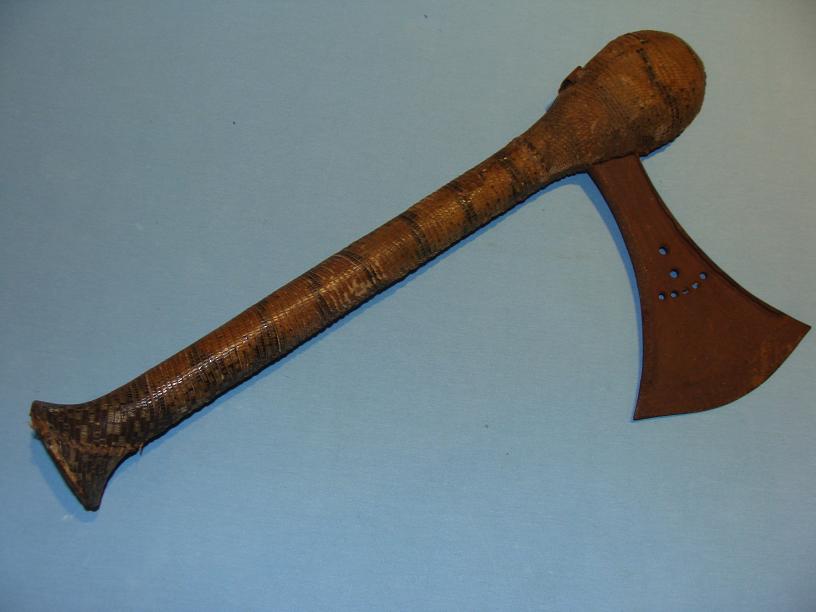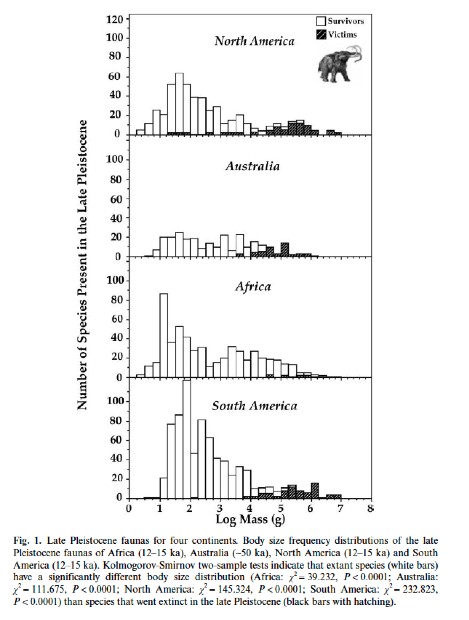How doesn't have them? You can make argument that Polish–Lithuanian Commonwealth lagged in development behind West due to exactly the same problem - idiot nobles transforming the economy into extractive one selling grain to Western Europe. When almost everyone non-noble was forced into incredibly harsh serfdom (imagine 12 days of work per week harsh, and that's not a joke), the way to make crops larger was simply to confiscate more and increase the crop area, not trying to produce more from the same field, when everyone is forced into forced lack of education and drunkenness, over two hundred years you have almost zero civilization growth even with gilded palaces of the nobles and Poland being largest consumer of luxury goods in the world.PainRack wrote:A point on the economy. 'Extractive institutions', or what shifting ambigous terms Daaron develops so that Europe and America doesn't have it were placed on Africa by their colonial masters.
And then West finally can feed their own populations with increased farming efficiency and colonial shipments and you have a sudden market crash that ruins the economy to such a degree (with a big help of Prussian monetary warfare) the state disappears soon after.
We had no colonial masters, debts, and such. Well, unless you count nobles as internal colonizers and say Cossack uprisings as colonial revolt (and it could be a convincing argument). Anyway, the point is, the internal elites can well do it on their own, without any outside prompts, simply by following capitalist free market impulses leading to maximization of short term gain, even if it's stupid and harmful in long term.From increased townships and agriculture for taxation purposes, increased monetary markets and as the final kicker, cash crops that was firmly entrenched by 1950 ensured that their economies were tied to selling resources to the world markets while servicing colonial debt. Newly independent countries inherited social stresses that when combined with the failure of a cashcrop economy, either via prices or nature meant that many of these countries found it hard to develop further.
Poland had one of the busiest trading ports in the world for 2 centuries, Danzig being so wealthy if was one of the most influential Hanza members and powerful enough to wage civil wars with the rest of largest country in Europe at that time for privileges. Didn't help much.It's intriguing to note that nations that did relatively better like Nigeria and South africia had better trading nexuses than say Ethiopia.Luck of geopolitics I guess ..



